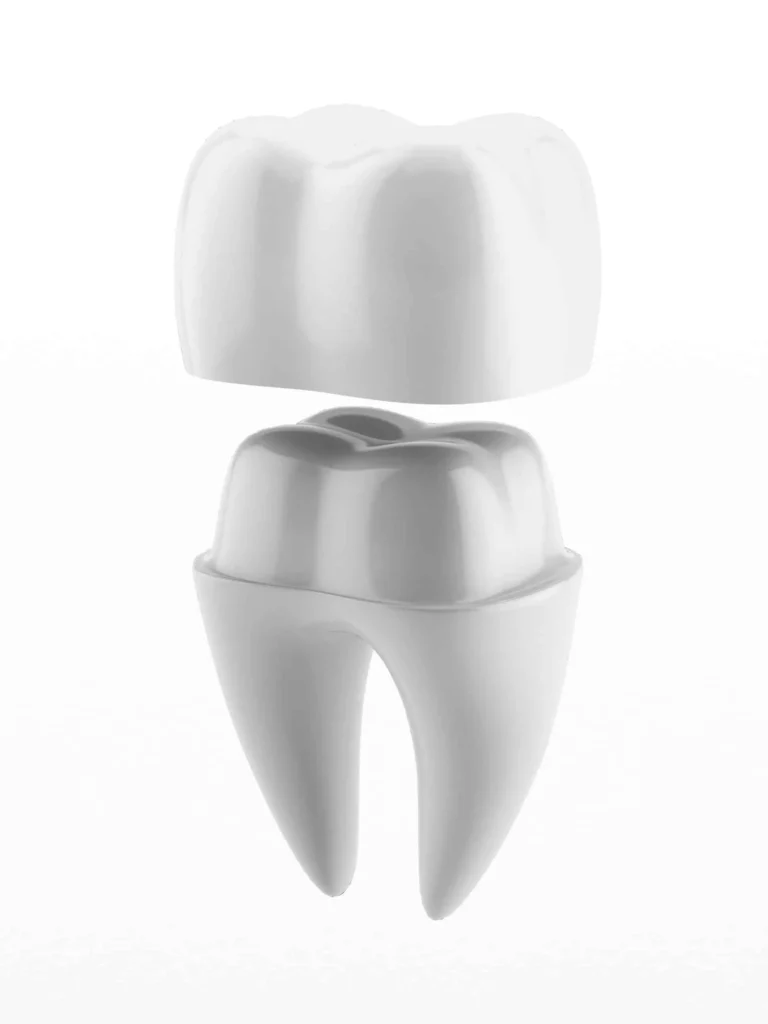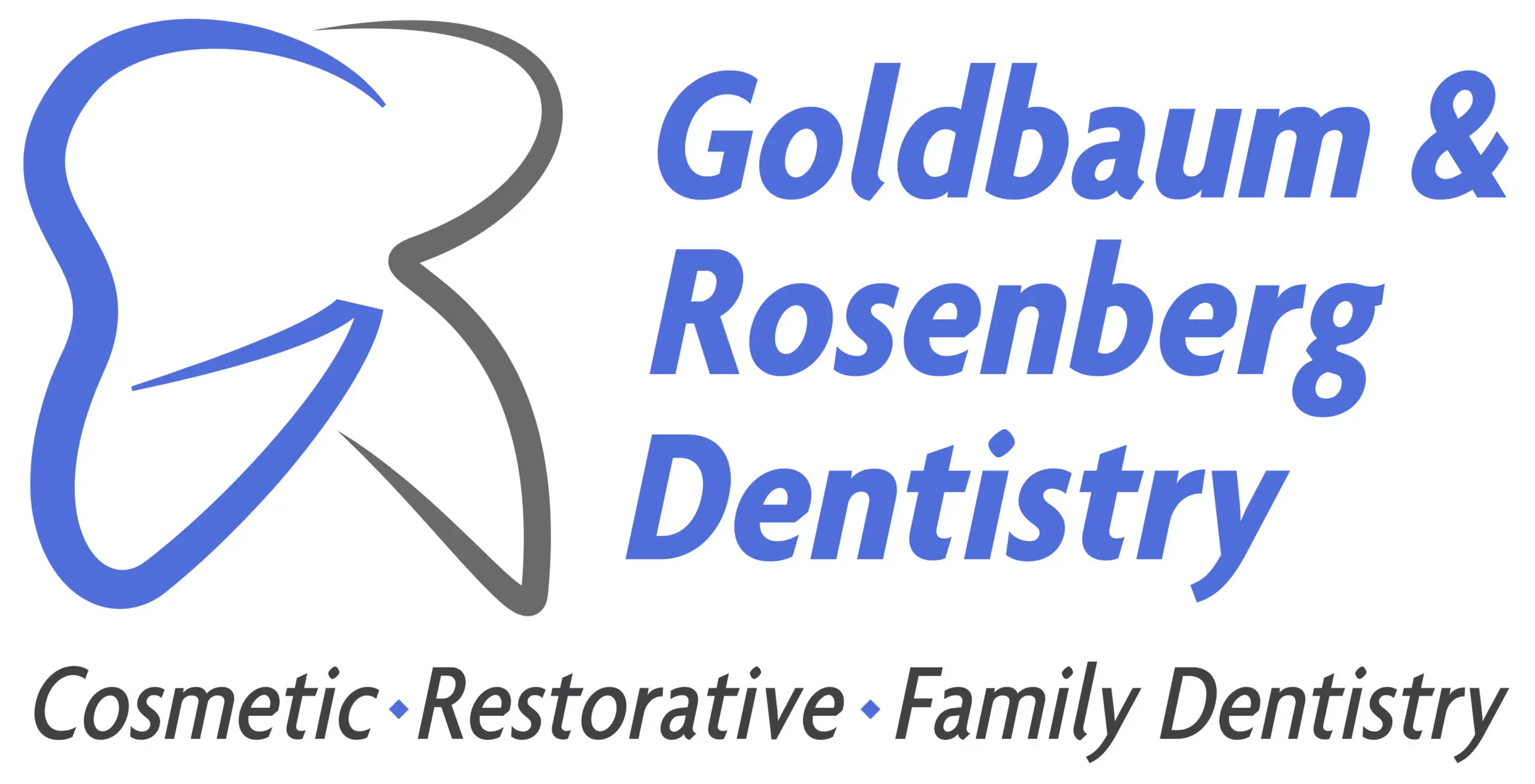
Crowns Specialist
Dental crowns provide support to a weak tooth or replace a missing tooth, while restoring the appearance of your smile. Lawrence Goldbaum, DDS, and Ronald Rosenberg, DDS, are an experienced team of general and cosmetic dentists at Goldbaum & Rosenberg Dentistry in Rockville, Maryland, who uses the latest technology and highest quality materials to give you a healthier, natural-looking smile. When it comes to superior form and function, you won’t be able to tell the difference between your new crowns and your natural teeth. For expert treatment in a welcoming environment, call the office to schedule a consultation or book online today.
